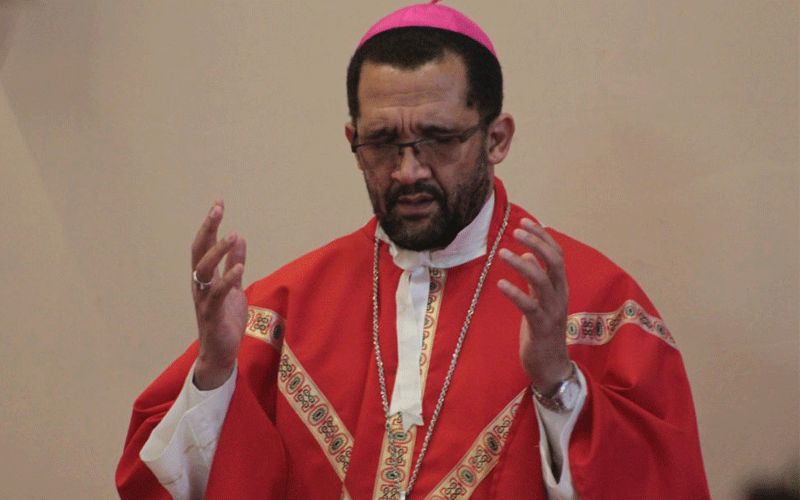Pretoria, 23 January, 2020 / 4:26 am (ACI Africa).
As the Church leaders in Botswana, South Africa, and Swaziland prepare to officially launch their new Pastoral Plan this Sunday, January 26, the President of the Southern African Catholic Bishops’ Conference (SACBC) that brings together the three countries, Bishop Sithembele Sipuka has explained why the new pastoral plan, which will replace the one that has guided evangelization activities of the Church in the region for the last 30 years, is important.
In his address during the opening session of SACBC Plenary Assembly Wednesday, January 22, Bishop Sipuka highlighted and explained two reasons for the pastoral plan, identifying gaps that it will help fill.
One of the reasons for the plan according to the Bishop is the realization that the Church in the region was not being impactful to the Christians and the society at large, a gap that the new plan seeks to fill.
“The immediate context of the Pastoral Plan if I recall well, was the realization by the Bishops that as a Church in this region, we are not making an impact, both on the people we serve and in society. There is no growth in faith and spirituality, the furthest most of our faithful go is confirmation and they remain there,” the SACBC President addressed his brother Bishops who gathered at St. John Vianney Seminary, Pretoria, South Africa.
The Local Ordinary of South Africa’s Mthatha Diocese observed that the majority of Catholics in the region served by SACBC do not seem to see witnessing for Christ and continuing the work of evangelization as their responsibility. Instead, Bishop Sipuka noted, Catholics in the region “tend to see themselves more as there to be (served) by the Church, to be served sacraments, to be preached to and to be buried.”








